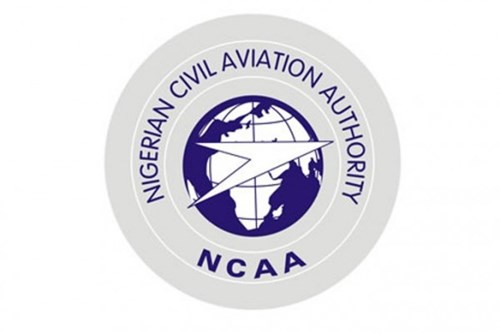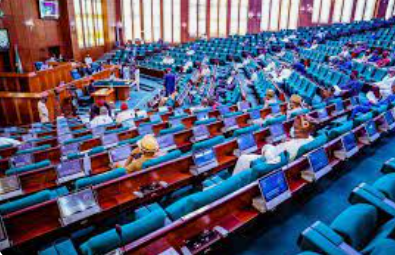
The Network for the Actualisation of Social Growth and Viable Development (NEFGAD) has criticised the Nigerian Civil Aviation Authority (NCAA) over its new directive mandating air passengers to completely switch off their mobile phones during take-off and landing, instead of simply using “airplane mode.”
The NCAA Director-General, Capt. Chris Najomo, announced the policy on Tuesday at a stakeholders’ meeting in Abuja, saying all electronic devices must now be turned off entirely during flights a move that effectively ends the long-standing practice of using flight mode.
In a strongly worded statement issued Wednesday and signed by its Country Head of Office, Akingunola Omoniyi, NEFGAD described the directive as “a source of serious international embarrassment to Nigeria.”
“The NCAA’s recent directive mandating all air passengers to completely switch off their mobile phones during flight take-off and landing is outdated and out of fashion,” the group said.
“Obsolete Planes” and Regulatory Failure
NEFGAD argued that modern aircraft are built to withstand interference from personal devices and even provide in-flight Wi-Fi, citing global carriers such as Emirates, Lufthansa, Air France, Delta, British Airways, and Qatar Airways that allow phone use throughout all stages of flight.
The organisation further warned that the directive could reinforce perceptions that Nigeria’s airspace is dominated by obsolete aircraft.
“The NCAA directive has clearly shown the outside world that Nigeria’s airspace is dominated by obsolete planes manufactured before the year 2000 aircraft over 25 years old. It is doubtful if any serious-minded investor will risk his life flying in a country whose airspace is largely dominated by such outdated aircraft,” the statement read.
Calls for Real Reform in Aviation
Beyond criticising the phone policy, NEFGAD accused the NCAA of neglecting urgent reforms in the aviation sector, including aircraft technology standards, passenger rights, consumer protection, and aviation security management.
“This is not the era of regulatory grandstanding, but technological innovation and competitiveness. NCAA has no excuse other than to wake up from its regulatory trance and benchmark Nigerian airlines’ technology against ICAO-compliant international standards,” Omoniyi said.
The group disclosed it has petitioned the National Office for Technology Acquisition and Promotion to verify the technology status of Nigerian airlines. It also warned that the NCAA’s stance could send “dangerous signals to the international community about the state of Nigeria’s airspace.”
Nigerians Paying More for Less
NEFGAD lamented that Nigerians pay some of the highest fares for domestic and international flights, yet continue to endure poor in-flight experiences due to outdated aircraft and weak regulation.



